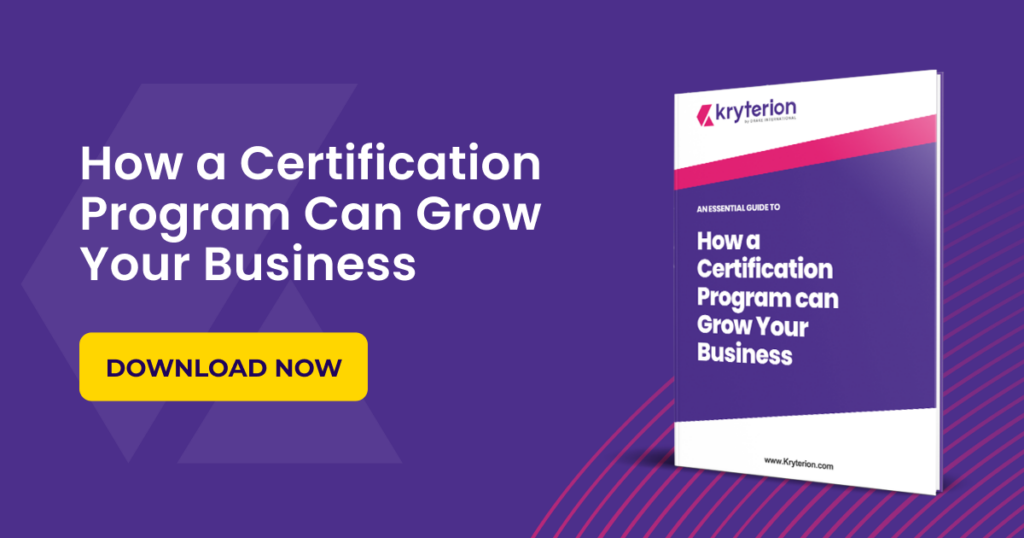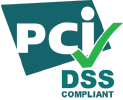Emotional loyalty
Customer success is all about creating emotional loyalty. The kind of loyalty that fuels contract renewals. You earn customer loyalty by delivering solutions that delight instead of ones that just satisfy. Loyalty results when customers are empowered with newfound skills and competencies acquired through the use of your software, product or service.
Certification checks all of the boxes for creating loyal customers. It confers important internal benefits that are highly valued and profoundly motivating like empowerment, recognition, enhanced self-esteem, fulfillment, exclusivity, etc. It also offers the external benefits of raises, promotions and perks.
Certification is a one-to-many strategy for building loyal followers who end up boosting product adoption within their companies, increasing its visibility and extolling its virtues.
Certification provides valuable customer insights

Vendors often know precious little about their customers’ professional and personal aspirations. The decision to pursue certification says a great deal about the candidate’s professional development. It also speaks to the personal commitment and investment that certification requires.
The demonstrable act of registering and paying for an exam—along with the training, study, travel and time required—suggest a serious, engaged and motivated candidate. Certification reveals character traits that are elusive and that would otherwise take months or years fo the sponsor to acquire.
Certification delivers valuable customer insights that are vital for the implemenation and health of any customer-success program.
High stakes
A high-stakes exam is one that has important consequences for the test candidate. This is especially true for licensure exams where failure to pass—think doctors and nurses—means failure to practice.
For the test candidate, all certification exams appear to be high stakes because his/her reputation is on the line. No one wants to fail. Certifications are high-stakes endeavors for the sponsor as well given the considerable financial investment and potential legal exposure involved in bringing them to market.
A reported reason for older managers shunning certification is the fear that they won’t pass a formal exam even though their subject knowledge and years of on-the-job experience favor success. How would it look for a manager to fail a certification exam that was passed by all of his/her subordinates?
So what does high stakes have to do customer success?
It positions certification as the deep-connection opportunity with customers, specifically test candidates.
Think about the feelings of relief, joy, happiness, pride, and expectancy that emerge from passing a rigorous exam. These are powerful, deeply rewarding, highly motivating emotions. We simply don’t get enough of them in life. But when we do, we connect with our victory and the circumstances that produced it.
A bond develops around the product (often software) resulting in greater product loyalty, contract renewals, advocacy and product adoption.
Retention

Certification is an effective tactic for driving customer retention, which is essential for any customer-success program. As stated above, certification represents commitment and investment on the part of the test candidate. Certification is skin in the game. Certificants often become power users of and evangelists for the software. They naturally support contract renewals.
Customer success involves a cohesive process across people, processes and technology. Certification should be an essential part of that plan because of the connection created with the certificant.
A certification program out punches its weight because it delivers outstanding value while conserving scarce human resources. It can be launched and managed with a small team.
The marketing and management can be largely automated, too, which is a real plus. Small customers receive value and attention, which leaves more customer-success resources for large, high-touch customers who merit a higher level of service.
Retention increases when customers are emotionally bonded with the vendor’s product. Certification creates that bond through empowerment.
Early wins
It’s a fact that the biggest risk of customer churn occurs at the time of contract renewal or early in the customer’s life cycle. Early wins make everyone look smart and position the business relationship for success (i.e. renewal). Certification is an excellent vehicle for delivering wins (e.g. advanced skills and competencies) as soon as possible in the business relationship.
Staffing
A 2018 Forrester Research study shows that companies already implementing customer-success programs plan to continue investing in them. Where are they investing? Seventy-eight percent of the 160 executives surveyed planned to increase staffing for new support roles. Certification can be an effective, one-to-many strategy where a relatively small team can provide real value to small, medium and large customer segments. It’s an economical way to maximize employee resources.
Fewer support tickets for the vendor
Certification decreases customer-support tickets because certificants are knowledgeable and capable of troubleshooting and solving their own software problems and those of co-workers. Certificants are trusted resources within their own companies, and, again, they influence the contract-renewal decision.
Find out more about developing your own certification program here:







